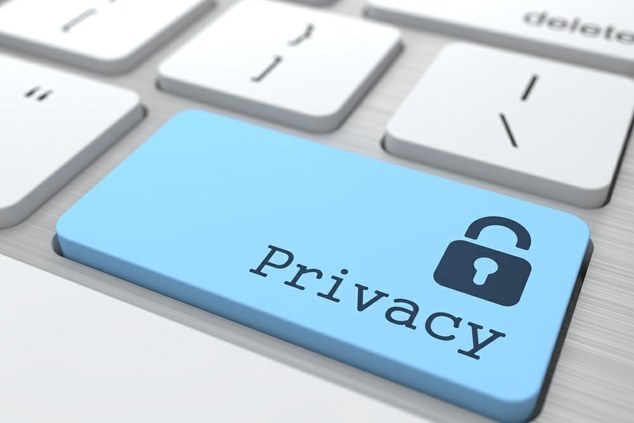
Technological progress has brought us to the crossroads between technology and ethics. It has also somewhat unknowingly led to extreme incompatibility and tension between extensive data process powering the digital economy and the right to privacy. This development has led us to think deeply about the various aspects of this right, especially in African countries.
Data Mining by Governments and Businesses
Data mining has become the mainstay for government agencies and big businesses. They are collecting data about all our daily activities, lifestyle, and behavioral patterns. High-speed internet connectivity, coupled with advanced and inexpensive data storage options, is powering significant data transmission from data collection devices and sensors to the central servers. Artificial intelligence or AI is facilitating the analysis of massive data gathered in any manner.

Is Privacy a Dead Concept?
Well, cynics across the world have spawned the idea that privacy is dead, when government agencies aided by new technology carry out intensive data collection. In reality, there are three different facets of the right to privacy, which exist in the digital realm. In this post, we shall find out why privacy isn’t yet dead and buried and why we should give it the respect it deserves.
Privacy and Data Control
The first aspect of privacy is the reaction that has to be changed in the massive data pooling. In other words, we need the right to control how our data is used and who gets it. As individuals, we shall have the freedom to choose where we intend to share our information and who all can access the data. We must also exercise control over the manner, timing, and scope of data exposure.
- Chamisa under fire over US$120K donation
- Mavhunga puts DeMbare into Chibuku quarterfinals
- Pension funds bet on Cabora Bassa oilfields
- Councils defy govt fire tender directive
Keep Reading
However, the biggest downside is that privacy online is not a trait that we have nurtured. In a way, nearly every detail in the digital space works against us, and we have minimal options to deal with it. At the time of granting consent, we are not sure of the unpredictable results. Above all, there aren’t many of us who would go through the immensely complex privacy documents.
The second perception of the right to privacy is that we all have the right to be left alone. It refers to our fundamental right to protect and secure our identity. We must have the right to connect and create a protected space around our online presence, including our feelings, thoughts, intimate activities, and darkest secrets. However, when we live in a world surrounded by surveillance cameras and sensors, constant monitoring has a profound psychological impact.
When it comes to privacy, we’re chiefly concerned with managing information or controlling its transmission after collection. We’re more concerned about data anonymization, encryption, and security of our information. There’re clear benefits of technological progress, law enforcement, and commercial convenience. However, we must weigh the negative impact of these things on trust, curiosity, and creativity.
The third perception about the right to privacy existing in our minds is that privacy must facilitate government and commercial entities to use personal data with the big data from others for constructing accurate psychological and behavioral profiles. It’s also known as the “autonomy trap,” comprising information about insecurity, emotional tendencies, fears, anxieties, sexual orientation, etc. Companies often use the personality profile for retargeting services and products or creating other aspects of influencing behavior. Everything is tailored to meet the needs associated with a particular profile.
Importance of Individual Privacy
There won’t be any meaning to a person’s life in the absence of individual privacy. We’re getting exposed to various personal persuasion attempts just for us, with capacity, power, and invasiveness, which never existed earlier. We’re on a very slippery slope, and businesses and government agencies are using various data collection techniques that we might want to avoid at all costs.
One good way of escaping this trap is to install a Virtual Private Network. It is a tool that delivers military-grade encryption, ensuring that all your web traffic is private. In times of digital privacy concerns, encryption should be your best friend. There are options to encrypt certain activities (such as end-to-end encrypted messaging apps). However, third parties can still collect insights about your behavior. Hence, a VPN for browsing is the ultimate weapon against tracking and geo-blocks. Preserve your digital privacy and minimize the footprints you leave behind in the virtual space.











